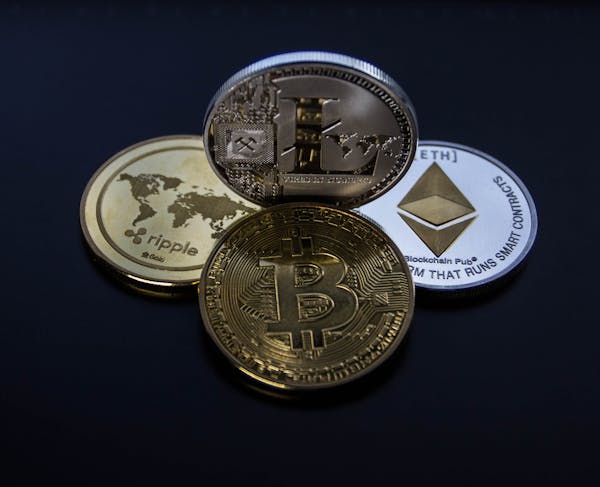A digital currency wallet is a place where traders keep transaction keys that let them interact with a blockchain. They can be online or physical.
In addition to keeping track of transaction records, a crypto wallet must protect the keys from hackers. That’s why it should be protected with a password or passphrase. Find out more from the source.
Security
Cryptocurrency wallets offer a number of security features that can help prevent hacking. These include 2-factor authentication, account freezing, transaction limits, and enabling allowlisting. It is also advisable to store large amounts of crypto offline. Many wallets also offer the option to encrypt your device. This can reduce the risk of hackers stealing your cryptocurrency and can also protect you against attacks that spoof login credentials.

Wallets that can disconnect from the internet can provide better protection against hacking. These are known as cold wallets. They may look like USB devices and require a PIN to access the wallet. They are more secure than custodial wallets offered by exchanges and are also easier to use.
Wallets can also be self-custodial, allowing users to take their own custody of coins from an exchange and hold them in a personal wallet. These wallets can offer more advanced security features such as biometric Authentication, secure lock screens, and secure enclaves to provide additional protection against hacking.
Convenience
A digital wallet is a mobile application that stores payment credentials, loyalty cards, and other personal and membership information. It also offers multilayered security features, and can be used to hold cryptocurrency.
Depending on your needs and preferences, you can choose from different types of digital wallets. Hardware wallets (such as Ledger and Trezor) offer advanced security by keeping private keys offline, while software wallets can be accessed on multiple devices. Some are multi-currency, while others are dedicated to a single cryptocurrency.
Some digital wallets also allow you to add a card that lets you pay with your cryptocurrency. This option is convenient, but it can be risky, especially if you don’t use a secure password or biometrics like facial recognition. Moreover, you should always keep your wallet battery charged to avoid losing your cryptocurrency. The best way to ensure this is to have a backup of your wallet on paper or in another secure location.
Taxes
Digital wallets allow you to store and manage your cryptocurrency, including transaction history. They also let you make payments and track receipts on devices like smartphones and tablets. They feel similar to payment apps, such as Venmo and PayPal, and help people in financially underserved parts of the world access financial services that they wouldn’t otherwise be able to.
Cryptocurrency wallets offer new opportunities for tax innovation, but there are still some unanswered questions. For example, how is transferring crypto between different wallets taxable in the United States? And are cryptocurrencies taxable if they gain in value?
The IRS has some rules for reporting the sale or exchange of digital assets. These rules depend on the type of digital asset and the fair market value at the time you receive it. You must also report your basis for the digital asset, which is its cost in dollars. You can find more information on this in Publication 544.
Regulation
A digital wallet is a secure way to store and transfer cryptocurrency. It uses multi-factor authentication and heavy encryption to protect the credentials it holds. It also requires you to verify your identity, which can be done by entering a passcode or submitting your biometrics. In addition, most wallets have age restrictions.
Cryptocurrency wallets allow users to monitor their balances and make transfers on a blockchain network. They may be single-cryptocurrency or multi-cryptocurrency and can be either hot or cold. Hot wallets are connected to the internet at all times, while cold wallets are kept offline.
In the United States, digital wallets are regulated by the Bank Secrecy Act (BSA). Companies that offer exchange services are required to follow AML/CFT regulations and register with FinCEN or other regulators. In the European Union, they are regulated by the General Data Protection Regulation (GDPR). Some digital wallets allow you to add a cryptocurrency debit card that converts your crypto into dollars and processes the transaction through the payment processor.